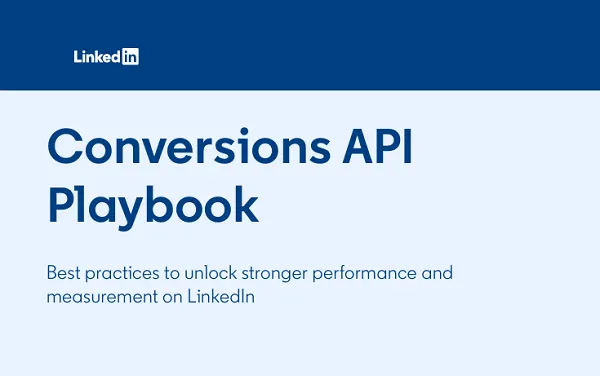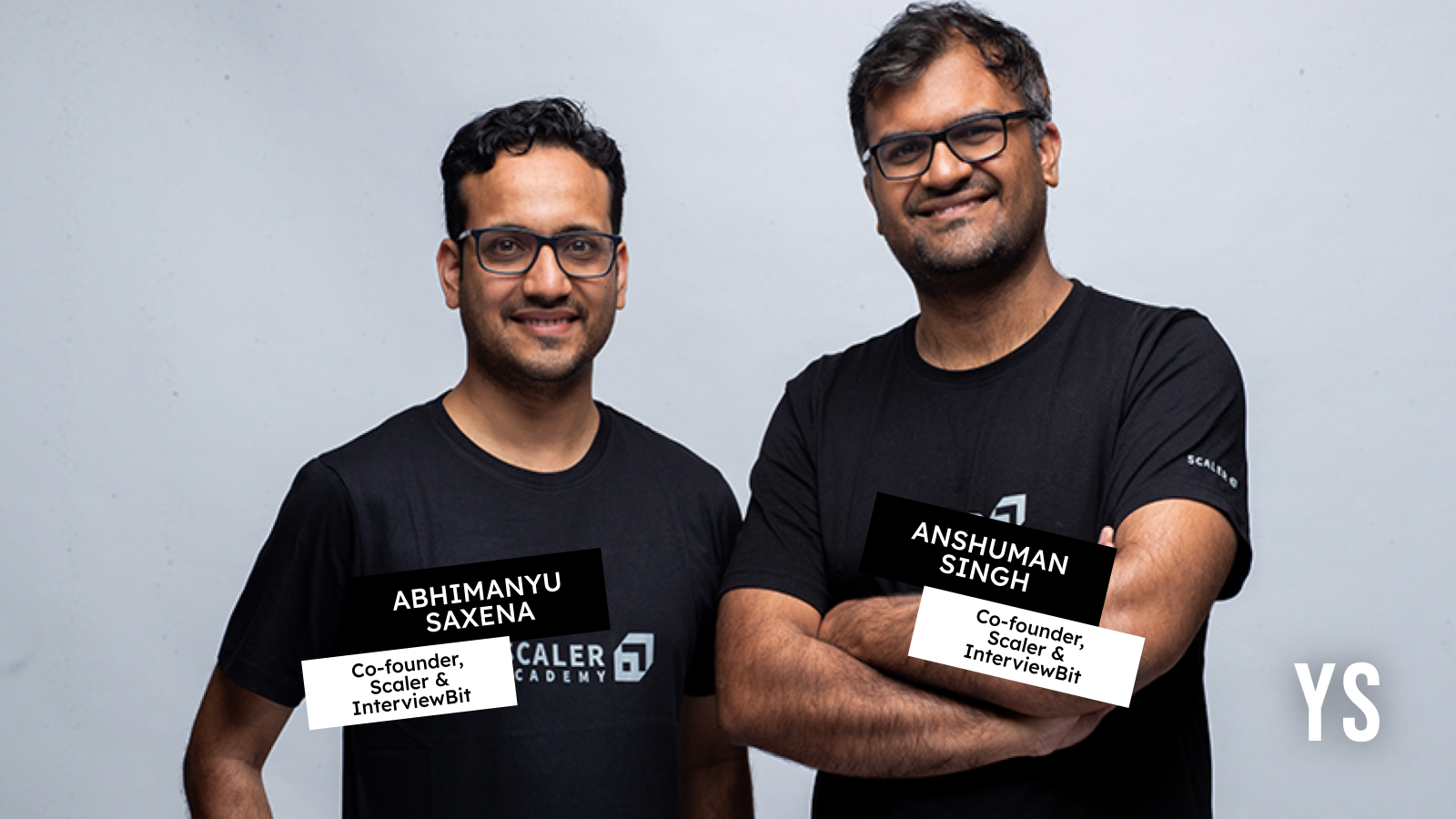How To Build A Capital-Efficient Startup For Long-Term Value
In today’s startup landscape, raising venture capital is often treated as a milestone — proof that a company is gaining traction. But that’s not the only path to success, stresses guest author Aashish Mehta, who shares some of the advantages bootstrapping can provide when building a capital-efficient company.

In today’s startup landscape, raising venture capital is often treated as a milestone — proof that a company is gaining traction. But after building and exiting multiple ventures, I’ve come to see things differently.
While, depending on the industry, VC funding can unlock important resources and mentorship, it’s not the only path to success, and often not the most sustainable one. My thoughts here should not be interpreted as a disparagement of venture capitalists or financial investors — I have close personal relationships with individuals who operate successful VC firms. Rather, I’d like to present another alternative capital strategy for founders.
Bootstrapping as a forcing function

When I founded nRoad, I made a conscious decision to grow without outside funding. We started at zero, solving a clear problem: Helping financial institutions process complex, unstructured data more efficiently. I focused on finding customers and showing how we could deliver immediate value. That approach turned nRoad into a multimillion-dollar business with some of the world’s largest banks and financial institutions as clients. Years later, that commitment to playing the long game resulted in significant returns to shareholders and employees.
It wasn’t an easy path. Building a capital-efficient company forces you to stay laser-focused on what matters: Solving real problems, generating revenue early and keeping operations lean. Every decision is scrutinized because every dollar counts. This kind of discipline creates fundamentally stronger businesses. You develop a deep understanding of your customers and target market, refine your product based on actual demand, and build healthy unit economics from day one.
This isn’t unique to nRoad’s story. Companies including Atlassian and Mailchimp followed similar paths, bootstrapping their way to massive success by focusing on customers over capital. These businesses prove that sustainable growth doesn’t always require a funding round — sometimes it requires value creation.
Freedom and market validation
One of the biggest advantages of this approach is freedom. Without the pressure to scale unnaturally, you have the freedom to grow with intention, staying aligned with your vision, values and long-term goals. You’re building something durable, at a pace that aligns with long-term success. When opportunities arise — whether it’s an acquisition, a partnership or expansion — you’re in a strong negotiating position because your business stands on its own.
Venture capital absolutely has its place. It’s a powerful tool when used strategically, especially for scaling proven models or entering fast-moving markets. But too often, founders chase funding before they’ve validated their product or market fit.
I believe the first priority for most startups should be simple: sell your solution to real customers. This validates market demand, establishes early revenue streams, gathers crucial feedback and cultivates operational efficiency.
A business built on these principles is inherently stronger and more attractive, regardless of its funding journey. If external capital makes sense later, it should be a choice, rather than a necessity.
In the end, the goal is to build something that lasts. Founders who stay focused on delivering real value, growing responsibly and owning their path will find that success follows, not because of how much they raised, but because of what they’ve built.
Aashish Mehta, CEO at nRoad, is a visionary leader at the intersection of fintech, AI and automation, recognized for turning bold ideas into market-defining successes. A serial entrepreneur, he has founded and scaled multiple ventures, most recently leading nRoad to a successful acquisition by Linedata. Over his career, Mehta has driven more than $1 billion in customer value and generated over $100 million in revenue. He has built and led high-performing teams of more than 700 employees, fostering a culture of innovation and execution. Beyond his business achievements, he is a dedicated mentor, passionate about guiding the next generation of entrepreneurs and technologists.
Illustration: Dom Guzman
































































































































































































